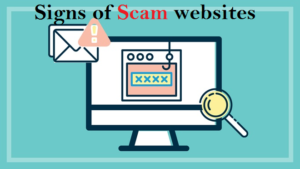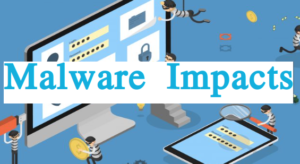Don’t Get Trapped by the Money Order Check Email

“Money Order Check “ is an email scam that aims to deceive the recipients and manipulate them for making money.
The scammers behind this fraud claims that this particular mail is presented as a letter from Jill Biden- the wife of Joe Biden (46th President of the United States).
As per this email the first lady of the United States Jill Biden states that her husband Joe Biden had signed a release clause on the recipient’s pending fund, which is worth 20,500,000 USD. The email also states that the recipient was unable to pay the necessary charges in 2021, 2022 and even 2023 due to their financial crisis. Furthermore, the sender claims that she have requested the president and the cabinet to reissue a “money Order Check” with 15,500,000 USD to complete the recipient.
The bogus email recommends the recipients to appear in person in Washington, DC in order to collect the check within 3 working days. If in case they failed to do so, an attorney will be hired on their behalf, and the services will cost 100 USD.
But keep in mind that this email is absolutely fake and not associated with any real individuals or entities. The recipient is requested to pay the bogus attorney fees for purchasing a 100 USD worth iTunes, Apple, Steam, or Sephora gift card. The letter instructs to scratch off the hidden area to reveal the card’s codes, take a photo of the card and then attach the picture to the response email.
Also, Money Order Check Email targets personally identifiable details. The recipients are asked to provide their full name, birthdate , birthplace , occupation, home address and mobile phone as well as send a copy of their ID Card.
In simple words, trusting emails like Money Order Check may lead to severe privacy issues, financial losses and identity theft as well.
Text presented in the “Money Order Check” spam email letter:
Subject: Attention
Attention
I am sending you this message as directed by my Husband. Please read with your good understanding and avoid any sentiment.
My Husband the President of the United States of America Dr.Joe Biden has signed a release clause on your pending fund the sum of USD20, 500 000.00. In this regard it was told that you were unable to pay some delivering/routine charges leveled on the fund for the year 2021/2022 and 2023 due to your financial position.
However, with my position as the First Lady of the United States of America, I have pleaded to my Husband and the rest of his Cabinet to re-issue you a money Order Check of at least USD15.500 000.00 as a compensation over your struggles and troubles this transaction may have caused you, and as God may have it, my Husband signed this request on 27/08/2023 and as I speak to you right now, your Money Order Check worth a total sum of USD15. 500 000.00 is ready and should be delivered to your home address with immediate effect. Am so sorry for not having informed you all these while, I had a very tight schedule but right now I have made out time to work on this and I appreciate if you put your time and effort for us to achieve a successful end.
Furthermore, the White House Cabinet being more skeptical about this have demanded that you come over to Washington DC to sign for collection of your money Order Check and also for them to verify your details and Identity, upon completing this scenario they will release it to you and will help you cash it out from any Bank or USPS office nearby. Please I will appreciate your effort to find a way to come over here in DC within 3 working days, and in other hand I will also like you to let me know if you cannot come over here in DC for some personal reasons, then I will hire Attorney who will help you sign for the collection on your behalf and he will bring it down to your location but it will cost you only the sum of $100 to hire Attorney who will help you sign the on your behalf.
This is a very important message and it requires your frantic effort and commitment. My primary objectives are to help the less privileged and to put smiles on the faces of people all over the world. Yes it is true that my Husband may have not been a good President because no one is above mistakes, but my work is to make things look good and to reshape his Presidential tenor to be acceptable before the entire American citizens and the World at large.
The president immunity waiver certificate number will be attached in your consignment so that airport authority will know that President immunity covers your fund. Finally, I want you to reply this message with sincerity and avoid any negative thoughts or whatsoever. I have been to some part of the World, including Africa, Middle East, Asia, Europe and South America etc…I have been able to put smiles on the Faces of their respective citizens and I am looking forward to do the same to you. Just buy $100 iTune card or steam wallet card or Apple gift card or Sephora card to cover the payment.scratch it and attached the picture to this email.
I have attached the scanned copy of my id card to you. Try and fill out your personal details including your, Full name, Home address, Occupation, Date of Birth, Place of Birth and Mobile number and also copy of your ID if there is any. Thanks and may the Lord be with you and your entire Family.
Best regards
Jill Biden Ponders Whether ‘America Missed an Opportunity’ When
Husband Didn’t Run – ABC News
Mrs. Jill Biden
In terms of email-based cyber threats, what are the different types of malicious emails?
Emails having Malicious Attachments
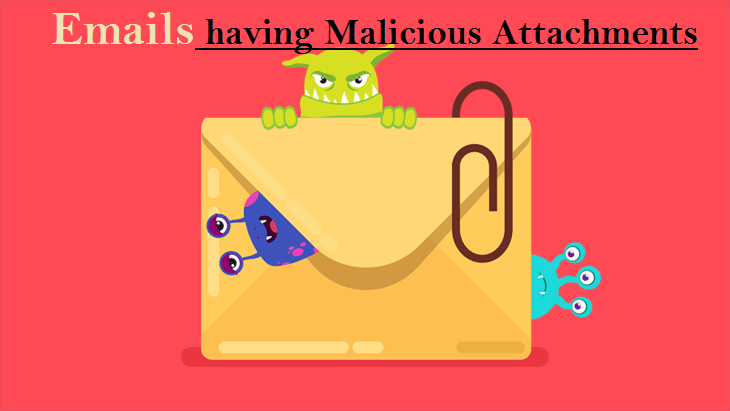
Email spam containing malicious attachments is a commonly employed method by cybercriminals to compromise users’ computers with malware. Malicious attachments often harbor trojans that possess the ability to pilfer sensitive data such as banking details, passwords, and other confidential information.
The primary objective of cybercriminals in these attacks is to deceive their potential victims into accessing a compromised email attachment. They commonly employ email messages that discuss recently obtained invoices, faxes, or voice messages to accomplish this aim.
If an unsuspecting individual succumbs to the trap and opens the attachment, their computer becomes infected, allowing cybercriminals to gather a substantial amount of confidential data.
Although it is a more intricate technique to pilfer personal data (as spam filters and antivirus programs typically identify such endeavors), if cybercriminals achieve success, they can access a broader spectrum of information and continue accumulating data over an extended duration.
Phishing Emails

Typically, cybercriminals employ deceitful emails to deceive individuals on the internet into divulging their confidential personal information, such as login credentials for diverse online platforms, email accounts, or online banking details.
These types of attacks are commonly known as phishing. In a phishing attack, cybercriminals typically send an email that mimics the branding of popular services like Microsoft, Amazon, DHL, or Netflix. They craft messages with a sense of urgency, such as incorrect shipping details or expired passwords, and include a hyperlink, hoping to entice unsuspecting recipients into clicking on it.
Upon clicking the provided link in these email messages, victims are redirected to a counterfeit website that closely resembles the legitimate one. In this deceptive environment, victims are prompted to enter their password, credit card information, or other sensitive data, which is subsequently harvested by cybercriminals for malicious purposes.
Spam Emails
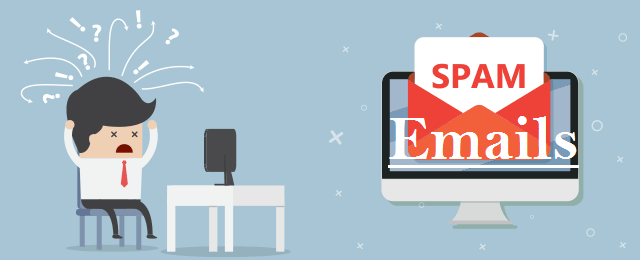
Spam emails are unsolicited, bulk messages sent to a large number of recipients simultaneously. They often contain unwanted advertisements, scams, or fraudulent offers. The primary purpose of spam emails is to promote products, services, or websites, sometimes of dubious nature.
These emails can be sent by individuals or automated bots, and they often target a wide range of recipients without their consent. Spam emails can clog up inboxes, consume storage space, and pose risks such as phishing attempts or malware distribution.
Sextortion Emails
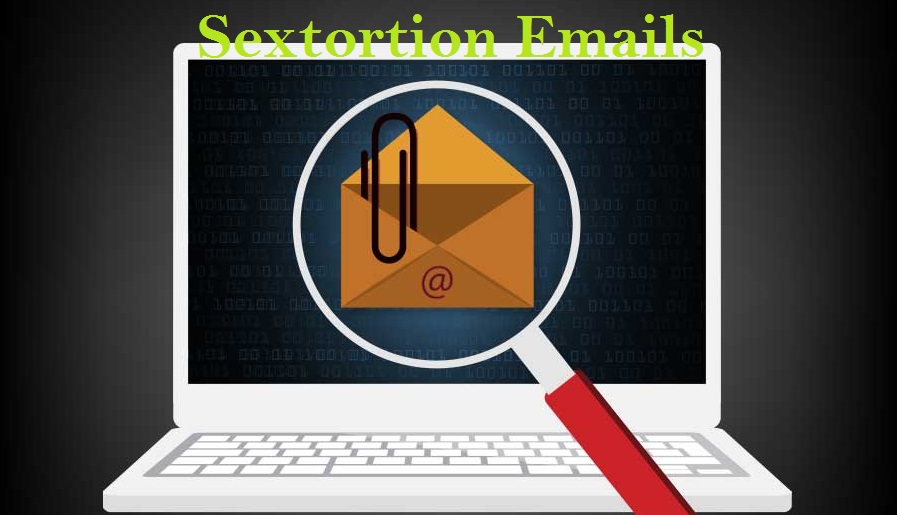
This type of email is a form of phishing known as a “sextortion scam.” It preys on individuals’ fears and attempts to blackmail them into paying a ransom. The scam email falsely claims that a cybercriminal has gained unauthorized access to the victim’s webcam and possesses a compromising video recording of them engaging in explicit activities.
The scammers leverage the potential embarrassment and shame associated with such content to coerce the victim into paying a ransom, often in the form of cryptocurrency, to prevent the release of the alleged video. However, it is crucial to understand that these claims are entirely false and fabricated.
What are some indicators or signs that can help identify a malicious email?
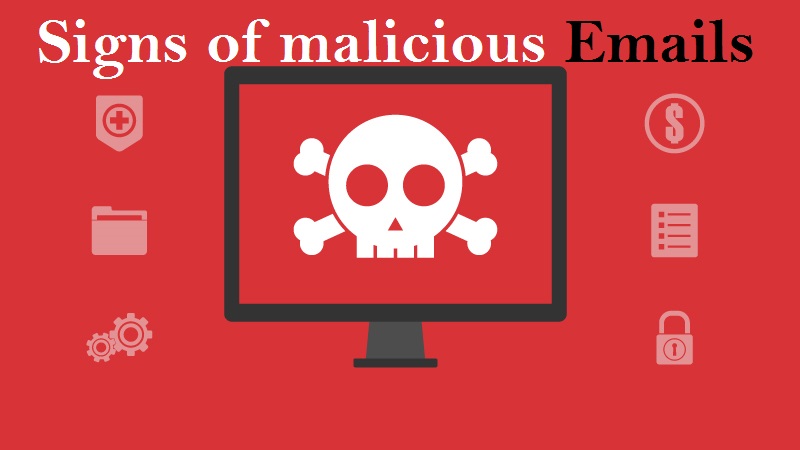
To spot a malicious email you can look for the following indicators:
Suspicious Sender: Check the sender’s email address and verify if it matches the official contact information of the organization or person they claim to represent. Be cautious of email addresses that contain misspellings, random numbers, or unfamiliar domain names.
- Poorly Written Content: Pay attention to grammar and spelling mistakes, unusual language, or poor formatting. Legitimate organizations usually maintain professional communication standards.
- Urgent or Threatening Language: Beware of emails that create a sense of urgency, pressure you to take immediate action, or threaten negative consequences if you don’t comply. Scammers often use fear or time-sensitive situations to manipulate victims.
- Suspicious Attachments or Links: Be careful of email attachments or links, especially from unknown or unexpected sources. Don’t open attachments or click on links unless you are confident about their legitimacy. Hover over links to see the actual URL before clicking.
- Requests for Personal Information: Legitimate organizations typically don’t request senstive information, such as passwords, Social Security numbers, or credit card details, via email. Avoid providing personal data unless you are certain of the email’s authenticity.
- Unusual Requests or Offers: Be wary of emails offering unexpected rewards, prizes, or financial opportunities. If something seems too good to be true or doesn’t align with your normal interactions, it could be a sign of a scam.
- Suspicious Email Design: Poorly designed or visually inconsistent emails may indicate a scam. Watch for generic greetings, mismatched logos, or distorted images.
If you have doubts about an email’s legitimacy, it’s best to err on the side of caution. Avoid clicking on links or downloading attachments, and consider contacting the sender through a verified channel to verify the email’s authenticity.
What actions can be taken if you have fallen for an email scam?
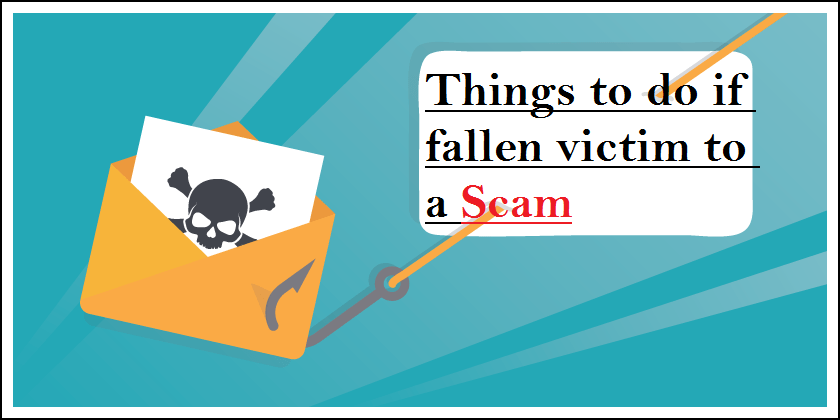
Below are the steps you should take if you’ve fallen prey to the Money Order Check Email.
- If you have mistakenly provided your credit card information after clicking on a link in a phishing email, it is crucial to immediately contact your bank and inform them about the situation. It is highly likely that you will need to take steps to cancel the compromised credit card and request a replacement for enhanced security.
- If you have inadvertently provided your password after falling for an email scam, it is essential to promptly change your password. Typically, cybercriminals gather stolen login details and sell them to other malicious groups for potential exploitation. By changing your password immediately, you reduce the likelihood of criminals having sufficient time to cause harm or unauthorized access to your accounts and information.
- If you notice any indications of identity theft, it is important to promptly reach out to the Federal Trade Commission (FTC). The FTC will gather information about your situation and develop a personalized recovery strategy.
- Assist in safeguarding fellow internet users by reporting phishing emails to organizations such as the National Fraud Information Center, Anti-Phishing Working Group, FBI’s Internet Crime Complaint Center, and the U.S. Department of Justice.
- If you have inadvertently opened a malicious attachment, it is likely that your computer has been compromised. To address this, it is advised to conduct a thorough scan of your system using a reliable antivirus software. We suggest utilizing SpyHunter 5 for Windows to help mitigate any potential threats.
⇓⇓Download Spyhunter 5 Free Scanner⇓⇓
Do make sure to read SpyHunter’s EULA and Privacy Policy. Spyhunter free scanner downloaded just scans and detect present threats from computers and can remove them as well once, however it requires you to wait for next 48 hours. If you intend to remove detected threats instantly, then you will have to buy its licenses version that will activate the software fully.
Frequently Asked Questions
Why was I included in the distribution of this email?
Phishing emails are often disseminated by threat actors through extensive campaigns, leading to thousands of recipients receiving comparable messages.
If I have viewed a spam email but refrained from opening the attachment, is there a possibility that my computer has been infected with malware?
Simply opening or reading an email does not pose a direct risk of malware infection. The actual threat arises when you interact with malicious attachments or links contained within the email, triggering potential malware download or installation processes.
If I downloaded and opened a file from a spam email, does that mean my computer is infected?
If the file you opened from a spam email was an executable file (.exe, .run, etc.), there is a high chance that your computer may be infected. However, if the file was a document format (.doc, .xls, .one, .pdf, etc.), the risk of infection may be lower as these formats usually require additional actions to initiate the download or installation of malware, such as enabling macros or clicking on embedded content.
If I have unknowingly shared your personal information in response to a deceptive spam email, what steps should I take to mitigate the potential risks?
If you have mistakenly shared your login credentials, it is crucial to change the passwords for all affected accounts promptly. Additionally, if sensitive personal information like identification documents or credit card details were disclosed, it is important to promptly notify the relevant authorities or organizations responsible for handling such incidents.
Is SpyHunter 5 capable of detecting and eliminating malware infections that may be present in email attachments?
SpyHunter 5 is powerful security software that is specifically designed to scan devices and effectively remove various types of malware infections. With its comprehensive scanning capabilities, it can detect and eliminate most known malware threats, including those that may be present in email attachments and pop-up notifications. Running a thorough system scan is crucial to ensure that all potential threats are identified and removed from your device.

